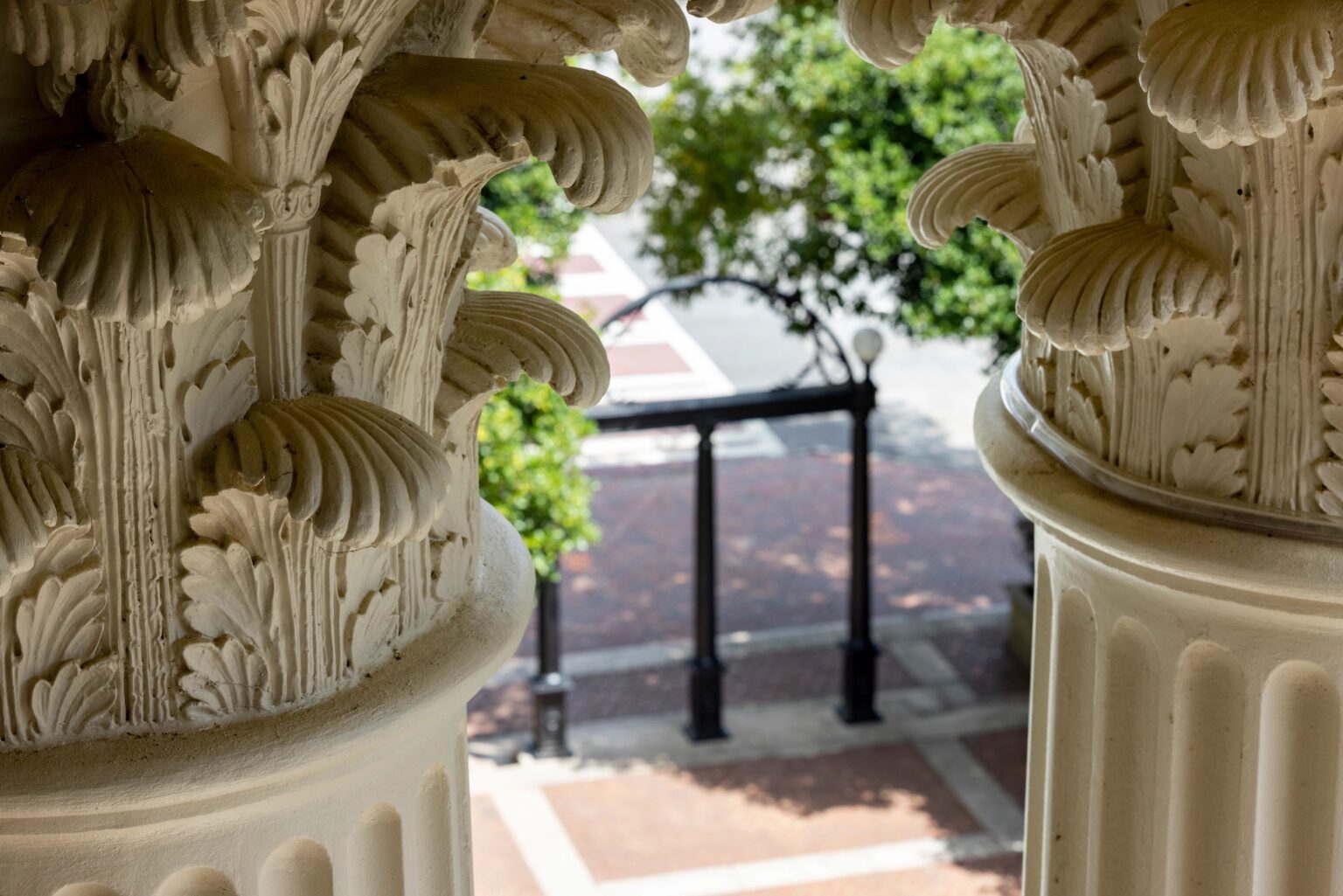By Dan Rahn
University of Georgia
"It's been a bad year for honey production in Georgia," said Keith Delaplane, an entomology professor with the University of Georgia College of Agricultural and Environmental Sciences.
The main culprit, Delaplane said, is an excessively wet year coming on the heels of more than four straight years of drought.
"When there's too much rain, there's too much dilution of the nectar," he explained. Honeybees convert the nectar they extract from flowers into honey.
Sweet harvest
The honeybee hive survives over the winter on the rich energy reserves stored in the honey. Humans harvest the surplus honey, when there is a surplus, as a sweet crop that eventually ends up on your breakfast table.When there isn't enough rain, Delaplane said, the lack of water hinders the buildup of sugars in plants.
So for honeybees, this year's "monsoon season" in Georgia has had the same net effect as the previous years of dusty drought: not enough sugar to make the honey they need.
As if that weren't enough, all the rains have led to another serious problem for honeybees: mosquitoes.
Mosquito woes
No, mosquitoes don't bite bees. But they bite people, and sometimes they transmit diseases when they do, like West Nile virus, eastern equine encephalitis and others.When mosquito numbers are high, as they have been at times this year, people tend to use more insecticide sprays to reduce the risk of these potentially deadly diseases.
And the No. 1 pesticide used to control mosquitoes, malathion, is deadly to honeybees. "It's very bad on honeybees if it gets onto the plants they're foraging on," Delaplane said, "or if it's sprayed directly onto them."
The ultra-low-volume sprays used in most urban areas, he said, lessen the damage to honeybee populations. But malathion in any form is hardly helpful to the bees, adding insult to the injury brought on by the quirky weather.
(Dan Rahn is a news editor with the University of Georgia College of Agricultural and Environmental Sciences.)






